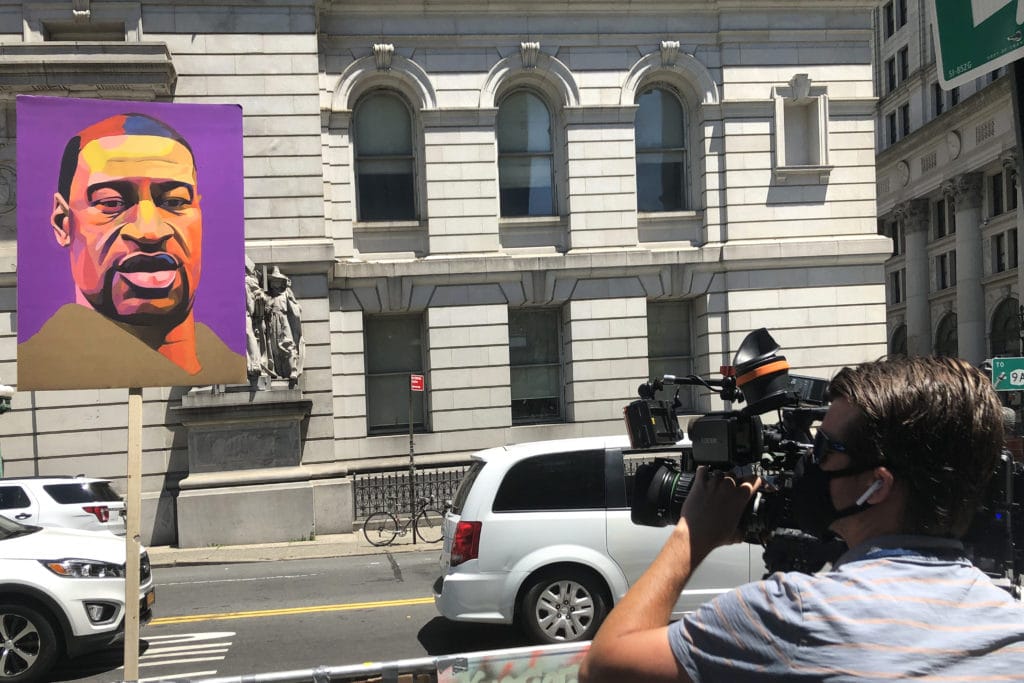It’s been a year since last summer’s Black Lives Matter protests that were sparked by the murder of George Floyd. The trial of Derek Chauvin, the police officer who knelt on the neck of Floyd for over nine minutes, came and went, and he was found guilty of Floyd’s murder. In the last year, there have been many police reforms across the country. The George Floyd Justice in Policing Act was introduced in Congress but has yet to be finalized and voted on by the Senate. The act would limit officers’ protection from lawsuits and establish a national registry of police misconduct throughout the country. In Florida, we have also amended many different laws related to last summer’s Black Lives Matter protests.

Gov. Ron DeSantis signed a bill into law in May often called the “anti-riot” law, which increases law enforcement’s power over civil unrest. Many civil rights groups called the law “an infringement on the first amendment rights to peaceful protests,” according to The Orlando Sentinel. The law also allows for tougher penalties for anyone who participates in violent protests in Florida. A nonprofit group called the Legacy Entertainment & Arts Foundation filed a lawsuit against DeSantis regarding the “anti-riot” law and the group’s belief that the law infringes on people’s first amendment rights, according to WESH 2 News.
State lawyers will independently review officer-involved shootings along with the Florida Department of Law Enforcement. This brings more independent reviews of officer-involved shootings than ever before.
There are also many police reform bills awaiting approval in the Florida Legislature. One bill will try to outlaw the arrest of children under seven after a video went viral of a 6-year-old Orlando girl being arrested following a tantrum and punching a teacher at her school.
There are many other bills that reform policing by creating databases to share widespread abuse of power and by enforcing officers to wear body cameras. These reforms are just the beginning of fixing the problem across the country and within our own communities. In Florida, Orange County Sheriff John Mina took time last year to hold virtual community round-table conversations where policing and race were discussed.
The increased discussions among different communities and the increased rate of police reform bills that still have yet to pass are just the start. Change is still needed, and there is still work to do. Since last summer, police shootings have not stopped. Recently, police officers have fatally shot 16-year-old Ma’Khia Bryant, 42-year-old Andrew Brown Jr., and many more who have not been named yet. The investigations are ongoing, and the police reforms still aren’t coming fast enough to ensure we are all safe in this country because it continues happening.
A year after George Floyd’s death, there have been more outcries for reform. But while many states, including Florida, have listened and attempted to begin the change in our legislation, there is still a long way to go to actually pass those bills into laws.


